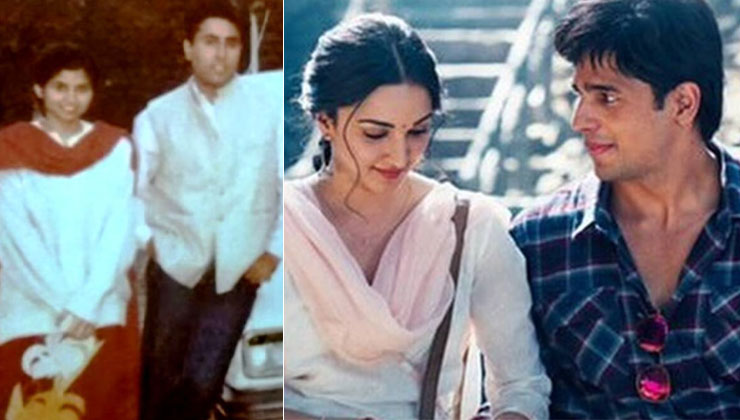The story of Captain Vikram Batra, the Kargil War hero, is one of unmatched bravery and sacrifice. But alongside the tales of battlefield courage, there exists a quieter, deeply emotional chapter—the life and experience of the woman often referred to in connection with him as Vikram Batra wife. Her journey reflects the personal sacrifices made by those who love and stand by soldiers, carrying memories that live far beyond the battlefield.
Early Connection and Relationship
The woman linked with the identity of Vikram Batra wife is Dimple Cheema, his college friend and the love of his life. They met at Punjab University and developed a relationship rooted in trust, companionship, and shared dreams. Vikram Batra was not just a decorated officer in the making; to her, he was a friend, confidant, and partner who made promises of a future together. Their connection was marked by sincerity, where gestures spoke louder than words.
A Love Story Interrupted by War
Plans for marriage were in place, but duty called. As a soldier, Vikram Batra’s sense of responsibility to the nation was paramount. He left for the Kargil front with the reassurance that they would soon formalize their relationship. However, the war changed everything. His ultimate sacrifice meant that the dream of becoming Vikram Batra wife would remain unfulfilled in the conventional sense. The emotional void it left behind became part of a larger narrative about the silent pain of wartime separations.
The Symbol of Commitment
Even without a formal wedding, Dimple Cheema chose to live as though she had been Vikram Batra wife, dedicating her life to his memory. Her decision not to marry after his death was a personal choice, rooted in love and respect for the bond they shared. It was an act of loyalty that resonated deeply with people across the country, making her a symbol of unwavering commitment. She became a living testament to the emotional cost of war, often reminding others that bravery on the frontlines is matched by silent strength on the home front.
Public Recognition and Emotional Resonance
While Captain Vikram Batra’s gallantry received national recognition, the quiet resilience of the woman associated as Vikram Batra wife earned public admiration. Her story has been shared in interviews, documentaries, and popular culture, most recently in cinematic portrayals that brought her unwavering devotion to the big screen. These depictions have helped younger generations understand the human side of war—love interrupted, lives reshaped, and promises left unfulfilled.
Lessons in Love and Sacrifice
The story of Vikram Batra wife teaches that love can endure beyond physical presence. It highlights that commitment is not solely defined by societal ceremonies but by personal conviction. Her decision to dedicate her life to his memory speaks volumes about emotional resilience and the power of staying true to one’s beliefs. In many ways, this steadfastness has become as inspiring as the heroism of Captain Batra himself.
An Enduring Legacy
Today, the narrative of Vikram Batra wife stands as part of the broader legacy of the Kargil War. It underscores that the cost of service is borne not only by soldiers but also by those who love them. Her life is a reminder that heroism exists both in the act of protecting the nation and in the quiet courage of carrying forward the memory of the fallen. Her story continues to inspire discussions about loyalty, personal sacrifice, and the unseen chapters of military history.
Conclusion
The emotional journey of Vikram Batra wife reflects love that transcended time, distance, and even life itself. While the world remembers Captain Vikram Batra for his fearless service, the personal side of his story—embodied by the woman who loved him—remains equally poignant. Together, they represent two sides of heroism: one on the battlefield and the other in the enduring strength of the heart.
Also Read: Lateef Fatima Khan Age

